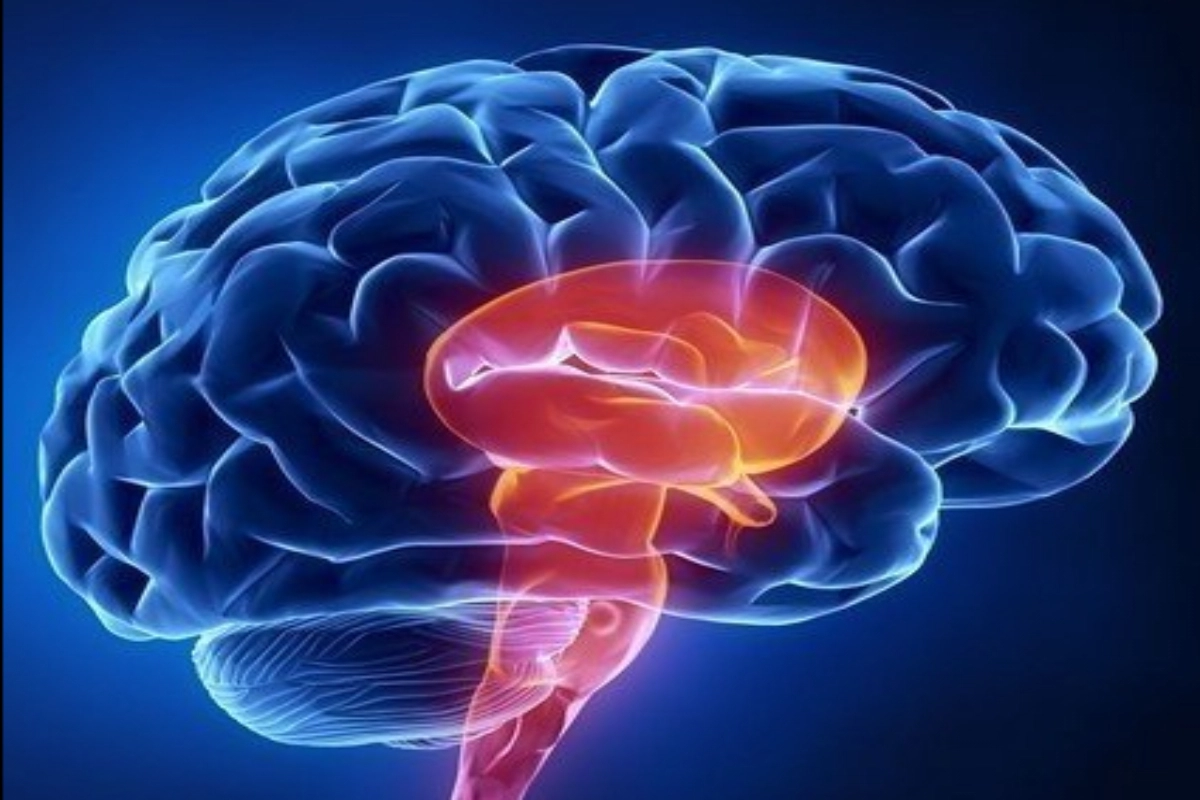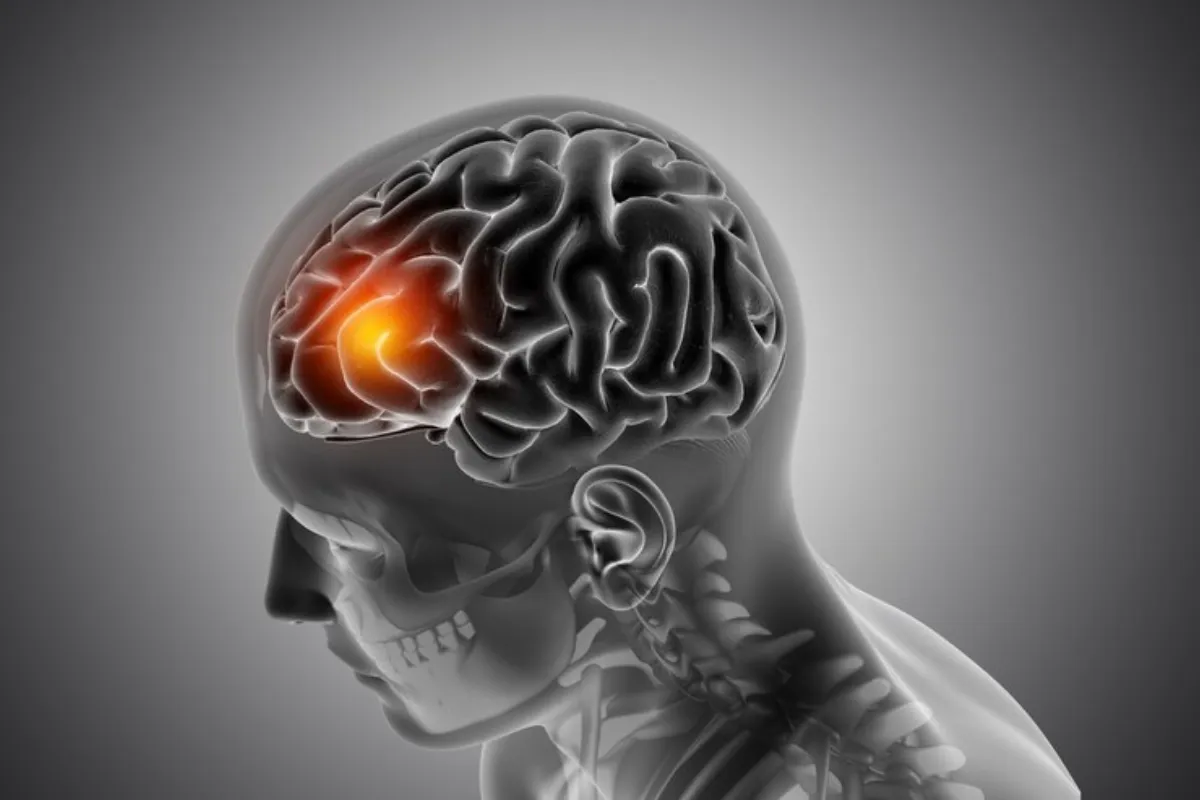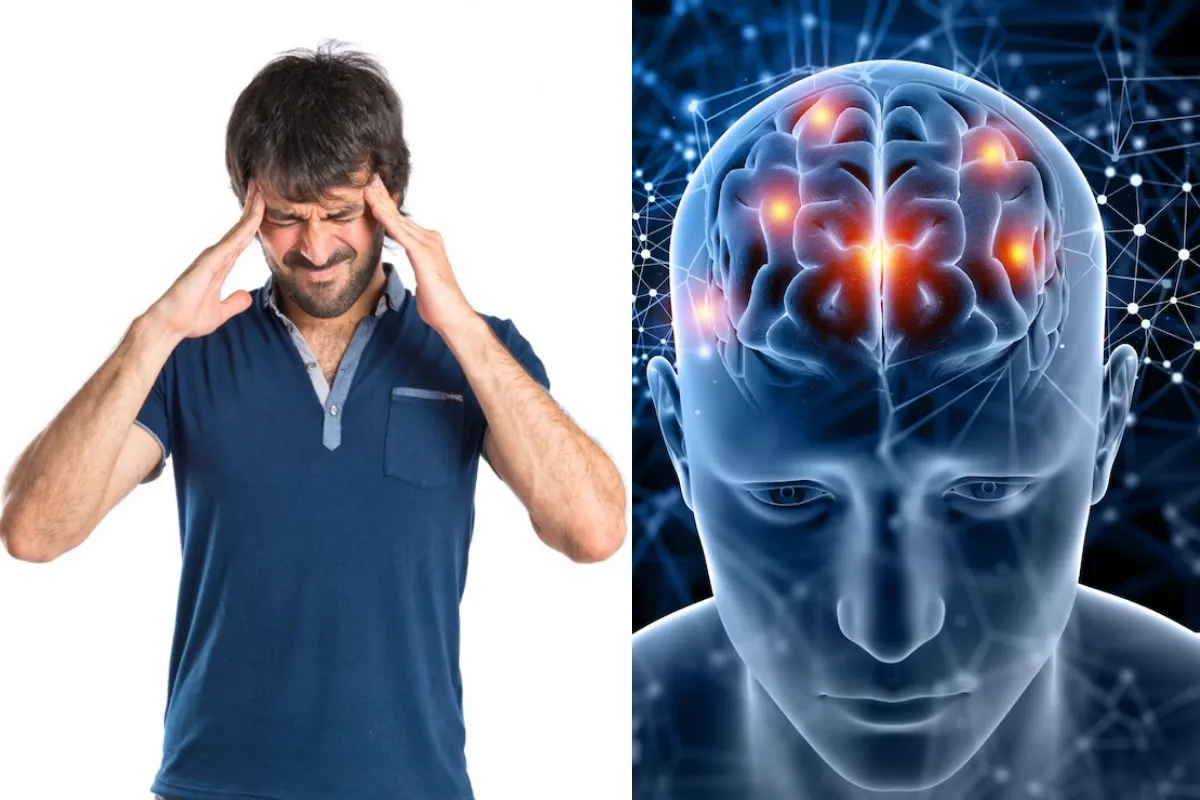Brain Stroke: A stroke, commonly referred to as a brain attack, happens when a blood artery in the brain breaks or the blood flow to the brain is cut off. The incidence of stroke has abruptly increased among younger people, particularly those under 45. According to medical professionals, strokes result in the death or injury of specific brain regions, and this condition can result in permanent brain damage, long-term incapacity, or even death. The Centre for Disease Control and Prevention (CDC) describes a stroke as a dangerous medical illness requiring immediate attention. The CDC further emphasizes that when the blood supply to the brain is cut off, the brain cells begin to degenerate within minutes as a result of the lack of oxygen.
Types Of Strokes
Ischemic stroke and hemorrhagic stroke are the two main forms of strokes. According to studies, stroke is the second greatest cause of mortality and a significant contributor to disability globally. Furthermore, young people in low- and middle-income countries are now more frequently affected by cases of this serious condition.
About Ischemic stroke
A blood clot or other object blocks the blood vessel to the brain, causing an ischemic stroke, according to the Centre for Disease Control and Prevention. Notably, ischemic strokes account for the majority of stroke cases. Data show that ischemic strokes account for around 88 percent of all cases, whereas hemorrhagic strokes account for about 12 percent. Furthermore, ischemic stroke claims the lives of over 2.7 million people worldwide. A 2013 study that was published in Sage Journal found that the incidence, prevalence, and fatality rates of ischemic stroke significantly altered during the previous few years.
Ischemic stroke in India
The study found that various socioeconomic changes that led to altered lifestyles with restricted physical activity, excessive consumption of processed food, and increased workplace stress were responsible for India’s sharp increase in the incidence of stroke over the past ten years. These changes also accelerated the development of risk factors like type 2 diabetes, hypertension, obesity, and hyper-lipedema. According to a study, ischemic stroke accounts for over 80% of all stroke cases in India. The burden of stroke in India is fairly significant. The study also showed that due to the existence of cardio-metabolic risk factors, South Asians, particularly Indians, are disproportionately more susceptible to stroke.
Must Read: WFI Chief Brij Bhushan Singh accuses Bajrang Punia of asking to arrange a girl after Pocso Case
Causes and Symptoms of Ischemic stroke
According to reports, fatty deposits that accumulate in blood vessels or blood clots or other debris that move through the bloodstream, typically from the heart and lodge in the blood vessels in the brain, are the main causes of blocked or restricted blood vessels (mostly carotid or neck vessels). Trouble with language and speech, An arm, a limb, or the face may become numb or paralysed, visual issue and Walking challenge are some of its symptoms.
About Hemorrhagic Stroke
A hemorrhagic stroke, pronounced “hem-or-aj-ick,” is a potentially fatal medical disorder that develops when a blood vessel in the brain bursts and starts to haemorrhage. Your brain’s regular blood flow may be hampered, depriving some regions of oxygen. Blood buildup also exerts pressure on nearby brain regions, causing harm or even death. The fact that hemorrhagic strokes result in acute symptoms that swiftly worsen makes them very deadly. These strokes frequently result in irreversible brain damage or even death if prompt medical assistance is not received.
Causes and Symptoms of Hemorrhagic Stroke
A hemorrhagic stroke is most frequently caused by hypertension, or high blood pressure. This is particularly valid when a person’s blood pressure is extremely high, persistently high, or both. Nausea or vertigo, vomiting and nauseous, Seizures, Fainting or passing out, Coma, Aphasia, Sensitivity to light, Headaches, One Sided weakness and A loss of feeling for touch or paralysis are some of its symptoms.
Prevent Stroke, What You can do
- Choose Healthy Food and Drinks
- Do Regular Physical Activity
- Quit Smoking
- Limit Alcohol Consumption
- Control Your Medical Conditions
Must Read: Can Air pollution cause irregular heartbeat? Study Findings Here
Disclaimer: This material, including advice, provides general information only. It is in no way a substitute for a qualified medical opinion. Take the methods, and claims mentioned in this article as suggestions only; DNP India does not confirm or refute them. Consult a doctor before implementing any such suggestions/ treatment/medicine/diet.
Keep watching our YouTube Channel ‘DNP INDIA’. Also, please subscribe and follow us on FACEBOOK, INSTAGRAM, and TWITTER












